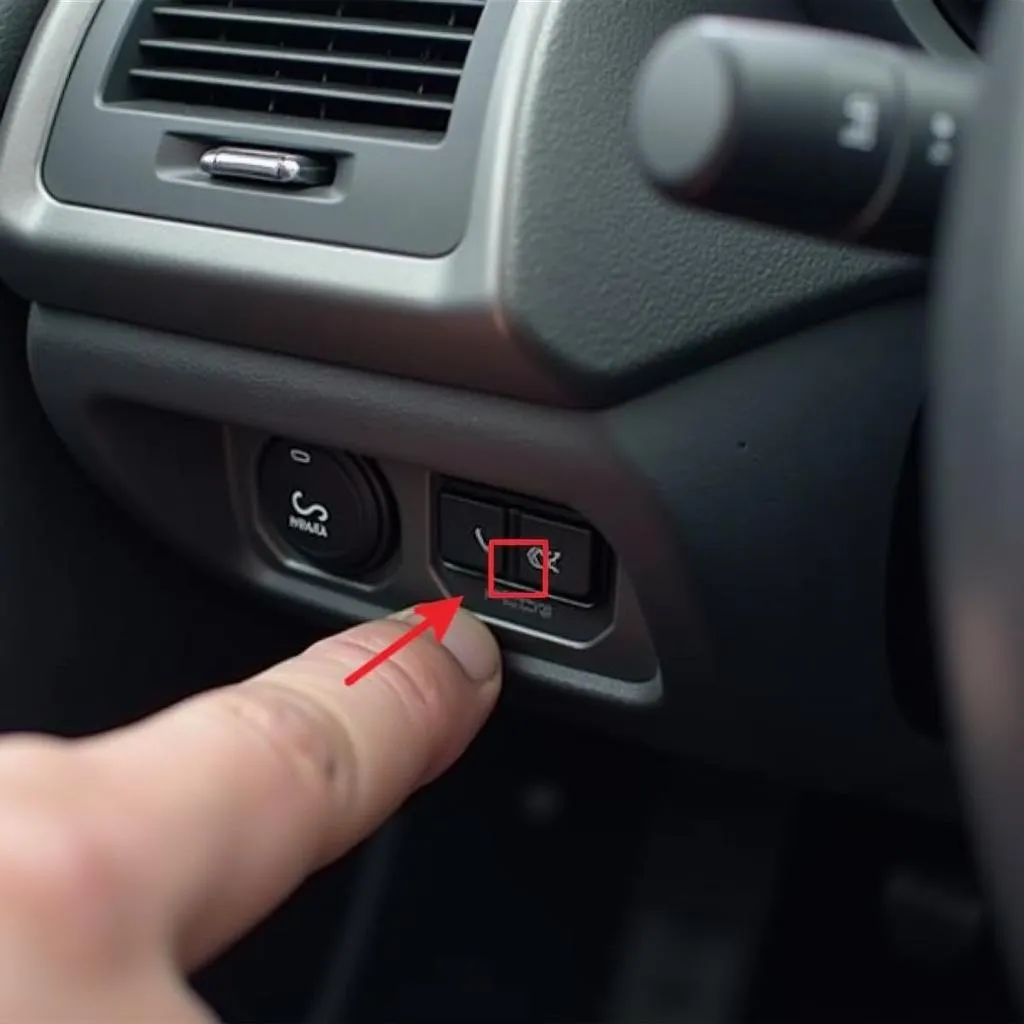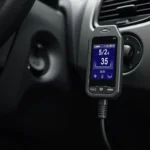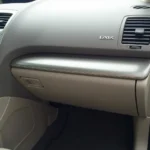Swapping your Civic’s OBD2 system for an older OBD1 setup might seem like a step backward, but some drivers believe it offers certain advantages. This article delves into the reasons behind this choice, exploring the potential benefits and drawbacks of converting your Civic from OBD2 to OBD1.
Understanding OBD Systems: A Quick Overview
Before diving into the advantages, it’s crucial to understand the basics of On-Board Diagnostics (OBD) systems. OBD systems act as your car’s built-in mechanic, monitoring various engine and emission control components. When an issue arises, the OBD system stores a trouble code, illuminating the check engine light on your dashboard.
OBD1, introduced in the early 1990s, was the first generation of standardized onboard diagnostics. It provided basic diagnostic capabilities, but its limited number of codes and relatively simple technology restricted its diagnostic power.
OBD2, implemented in 1996, brought significant advancements. It boasts a broader range of diagnostic codes, allowing for more precise identification of problems. Additionally, OBD2 utilizes a standardized connector and communication protocol, simplifying the diagnostic process for mechanics.
Why Consider a Civic OBD2 to OBD1 Conversion?
Despite OBD2’s technological superiority, some Civic owners, especially those who enjoy tinkering with their vehicles or prefer older tuning methods, see advantages in reverting to OBD1. Here’s why:
- Simplified Tuning: OBD1 systems are less complex, making them easier to tune, especially for performance modifications. Aftermarket tuning options are widely available for OBD1, often at a lower cost than their OBD2 counterparts.
- Easier Troubleshooting: While OBD1 systems provide less detailed diagnostic information, some find their simplicity an advantage. With a basic understanding of the system, troubleshooting can be more straightforward, requiring less reliance on specialized diagnostic tools.
- Component Compatibility: If you’re restoring an older Civic or swapping in an engine from an OBD1 vehicle, converting to OBD1 might be necessary for complete compatibility between the engine and the car’s electrical system.
Weighing the Drawbacks
While converting your Civic’s OBD system from OBD2 to OBD1 might seem tempting for some, it’s essential to consider the potential downsides:
- Limited Diagnostic Capabilities: OBD1 systems offer less comprehensive diagnostics than OBD2. Identifying specific issues can be challenging, potentially leading to longer diagnostic times and increased repair costs.
- Emissions Testing Challenges: OBD2 systems are standard for emissions testing in most areas. Converting to OBD1 could lead to complications during emissions inspections.
- Potential for Reduced Fuel Efficiency: A poorly executed OBD conversion could negatively impact your Civic’s fuel efficiency and engine performance.
Making an Informed Decision: Is It Right for You?
Ultimately, deciding whether to convert your Civic’s OBD2 system to OBD1 depends on your individual needs and priorities.
If you value the simplicity and affordability of older tuning methods and possess the mechanical knowledge for troubleshooting, an OBD1 conversion might be worth exploring. However, if you prioritize accurate diagnostics, emissions compliance, and modern tuning capabilities, sticking with your Civic’s OBD2 system is the more practical choice.
Before making any modifications, consult with a qualified mechanic experienced in Honda Civics and OBD systems. They can provide tailored advice based on your specific car and intended use, ensuring your decision aligns with your needs and complies with local regulations.


